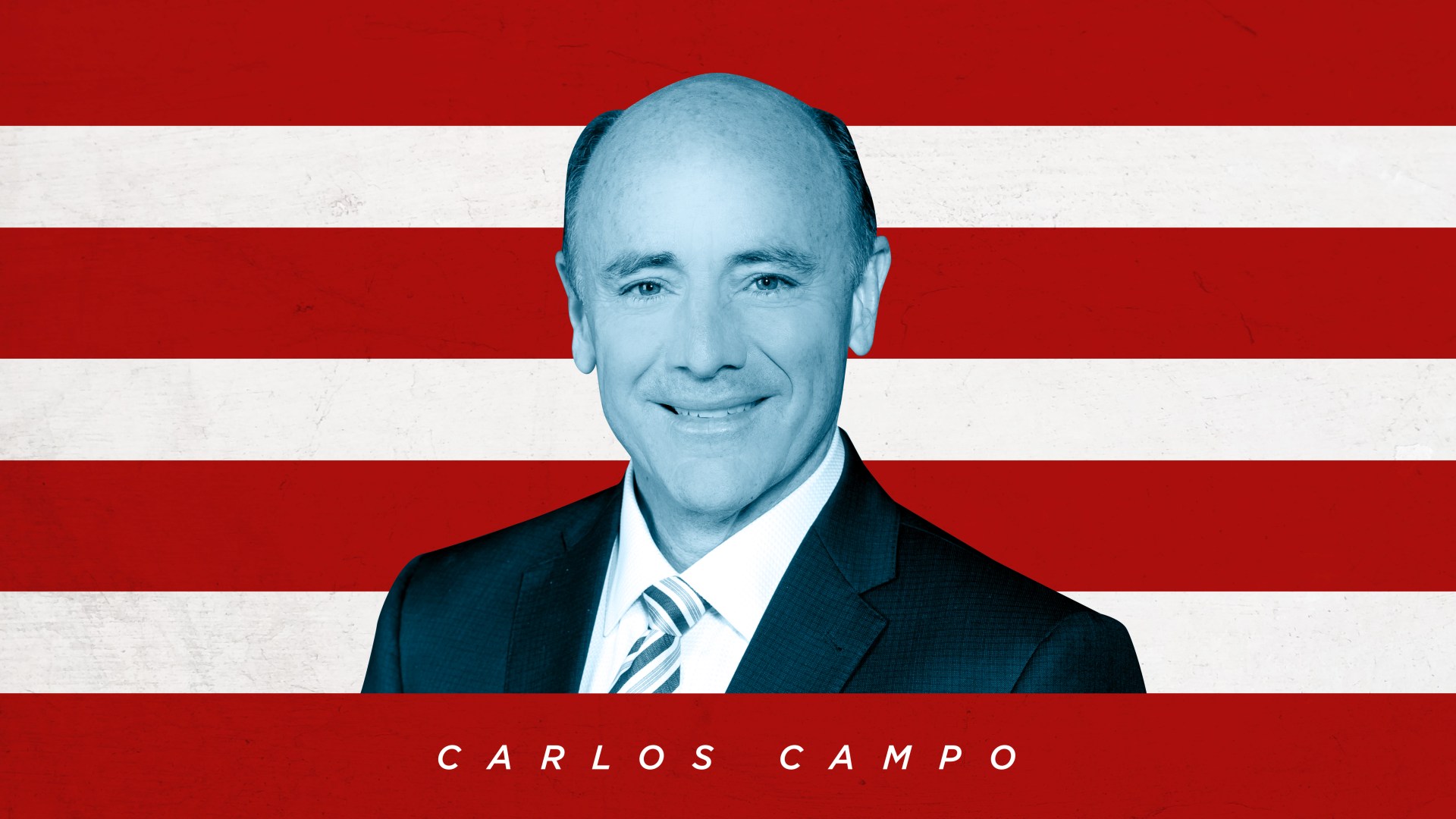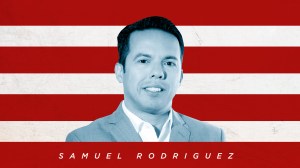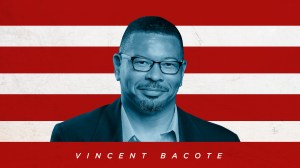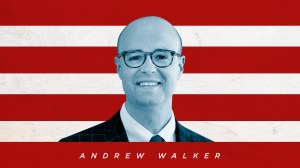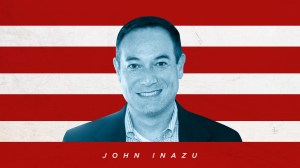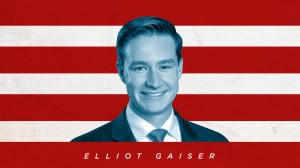In this series
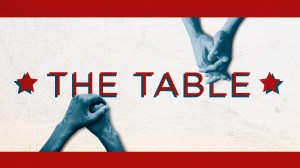
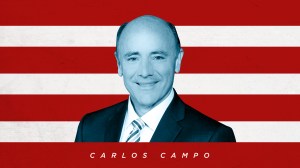
As someone who has for years argued for an evangelicalism that reflects the fullness of the kingdom of God, it has been painful to see our “every tribe and every tongue” ideal narrowed into a tiny tribe that often conflates politics and faith. We are not that, and we never were. Yet we let others redefine us. Instead of people who seek justice and the propagation of a message of hope, we became an angry, judgmental, mainly white religious minority. Many have refused to accept that identity, speaking up out of the refusal to silence their moral outrage any longer.
As one who has been defined as a “Hispanic evangelical,” I (we) know all about the limitation of labels. We represent a broad spectrum of humanity and reject confining our identities as children of a God who is boundless. Among our ranks you will find those who revile President Donald Trump for what they view as his anti-Latino rhetoric and policies and see him as an emerging fascist in the mold of many Latin American leaders. You will also encounter Hispanic evangelicals who embrace Trump for what they perceive as his strong stance in protecting religious liberty, the rights of the unborn, and judicial appointees who reflect their values. Between those poles is the vast middle, whose views about the president are as diverse as the sprawling middle spectrum of evangelicals in America. The idea that there is a single, pan-ethnic Hispanic response to Trump is as wrongheaded as believing that CT editors and staff, their readers, white evangelicals, or any other group of human beings are perfectly unified in their view of the president.
Political labels are particularly problematic for Christians. Some of the defining features of the Republican and Democratic parties inherently clash with tenets of the Christian faith, but the pursuit of righteousness, purity of purpose, and desire for God’s will should always take precedence over concerns for the environment, distribution of wealth, limited government, gun rights, and a host of other issues. Our faith flourished at its founding because we refused to conform to Roman customs and became known as a people transformed by a resurrected God who demanded an allegiance that superseded statist requirements. In a world that continually pushes us to “come out” and “identify” with political and social labels—often further restricted by the limitations of social media—Christians must accept the challenge of being “hidden with Christ in God” so that his grace and love are projected through us despite our foibles.
Former CT editor in chief Mark Galli took up the mantle of some like-minded evangelicals and planted a flag for them in their own yet-to-be-labeled land. But label limitation immediately followed him as CT faced sharp criticism. Going beyond critique of the president to demand the action of “removal” crossed the bright historical line set by CT’s founder, the late Billy Graham. Graham always transcended partisanship yet conveyed an uncompromised commitment to the power of the gospel. CT has carried this honorable “above the fray” label for years, reflected in past responses to presidents who were labeled by many with the “morally unfit” hashtag.
Faced with a similar impeachment dilemma in 1974, the publication asked for the process to play out without calling for Nixon’s resignation. In 1998, the magazine was critical of a morally disgraced Bill Clinton, but stopped short of Galli’s cry for an ouster, focusing instead on Clinton’s “hollow” apology. Instead of a call for Clinton’s removal, the 1998 article referenced a pastoral letter titled “An Appeal for Healing," which declared, “It is now a time for forgiveness and healing. Governments err and presidents make mistakes; we are all sinners. But the God of love and justice does not judge us without the hand of grace and mercy. It is a time to reclaim the nation's finer character.” These words seem to reflect the heart of evangelicals everywhere who understand the inherent limitations of labels—including “evangelical.”
We are best served when we shoulder the responsibility of leading in love, expanding our reach to reflect the fullness of the Christian faith in our great nation. Ours must be an ongoing determination to broaden the tent of evangelicalism through even greater intentionality in the future by “communicating the breadth of the true, good, and beautiful gospel.”
Carlos Campo is president of Ashland University in Ashland, Ohio.

